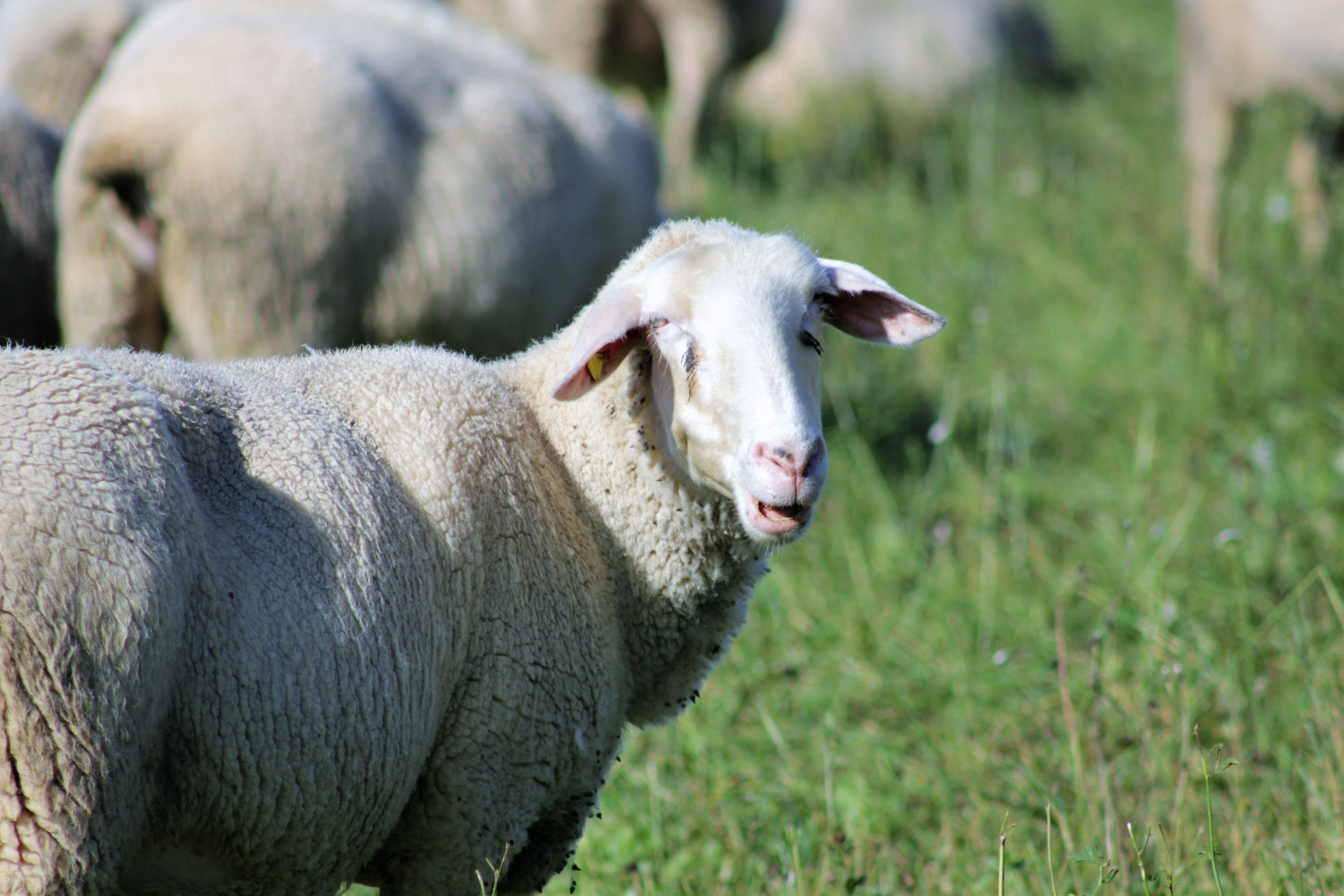We’ve shared before how cutting down on screen time before bed helps promote better sleep, but it turns out that filling that time with reading could lead to an even more restful night. A new survey found that those who read before bed have an easier time falling asleep and improved sleep quality.
The survey inquired about the reading and sleep habits of 250 participants. It found that those who reported reading before bed had, on average, 25 minutes more sleep than those who did not read before bed, and readers rated their sleep quality, on average, as higher on a five-point scale than non-readers.
The report did note that those who rated their sleep quality as high were also more likely to engage in other sleep-promoting habits besides reading. 28 percent of those who got high-quality sleep also meditate and avoid screens.
Although physical books were most popular among the readers surveyed, the report notes that any book consumption, including eBooks and audiobooks, was linked to more restful slumber.
If you’re having trouble sleeping or looking for a way to entertain yourself screen-free before bed, picking up a book could be just the thing for a great night’s sleep!












